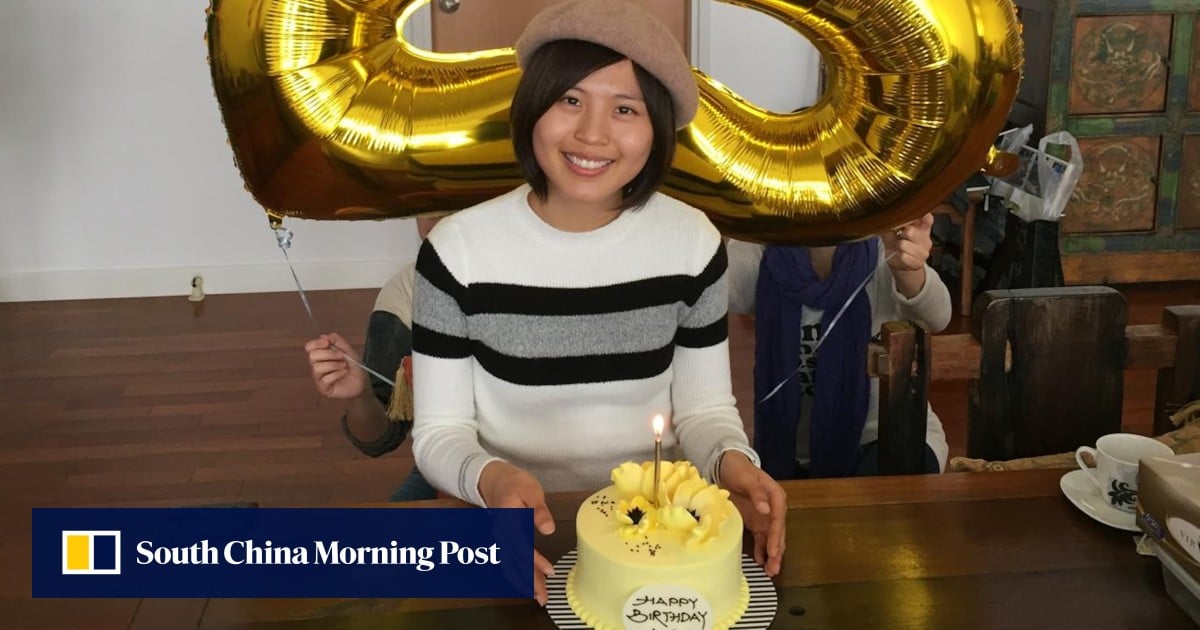“[The doctors] said that if I was extremely aggressive, that I could fight this and win,” she shared in an interview.
I was shocked because I was young, physically active and led a healthy lifestyle, and had no family history of cancer
The diagnoses of both women add to an alarming trend of early-onset cancer – cancer cases diagnosed in people from 14 to 49 years. Globally, between 1990 and 2019, early-onset cancer cases increased by about 79 per cent overall, according to a study published in September 2023 in the journal BMJ Oncology.
There are many risk factors for cancer, the biggest of which is advancing age, with most cancers diagnosed in people aged 65 years or older. This is why young cancer patients are jolted when they learn they have the disease.
To be diagnosed at the stage when one is about to start a career or family and still has much to accomplish in life can be difficult to process.
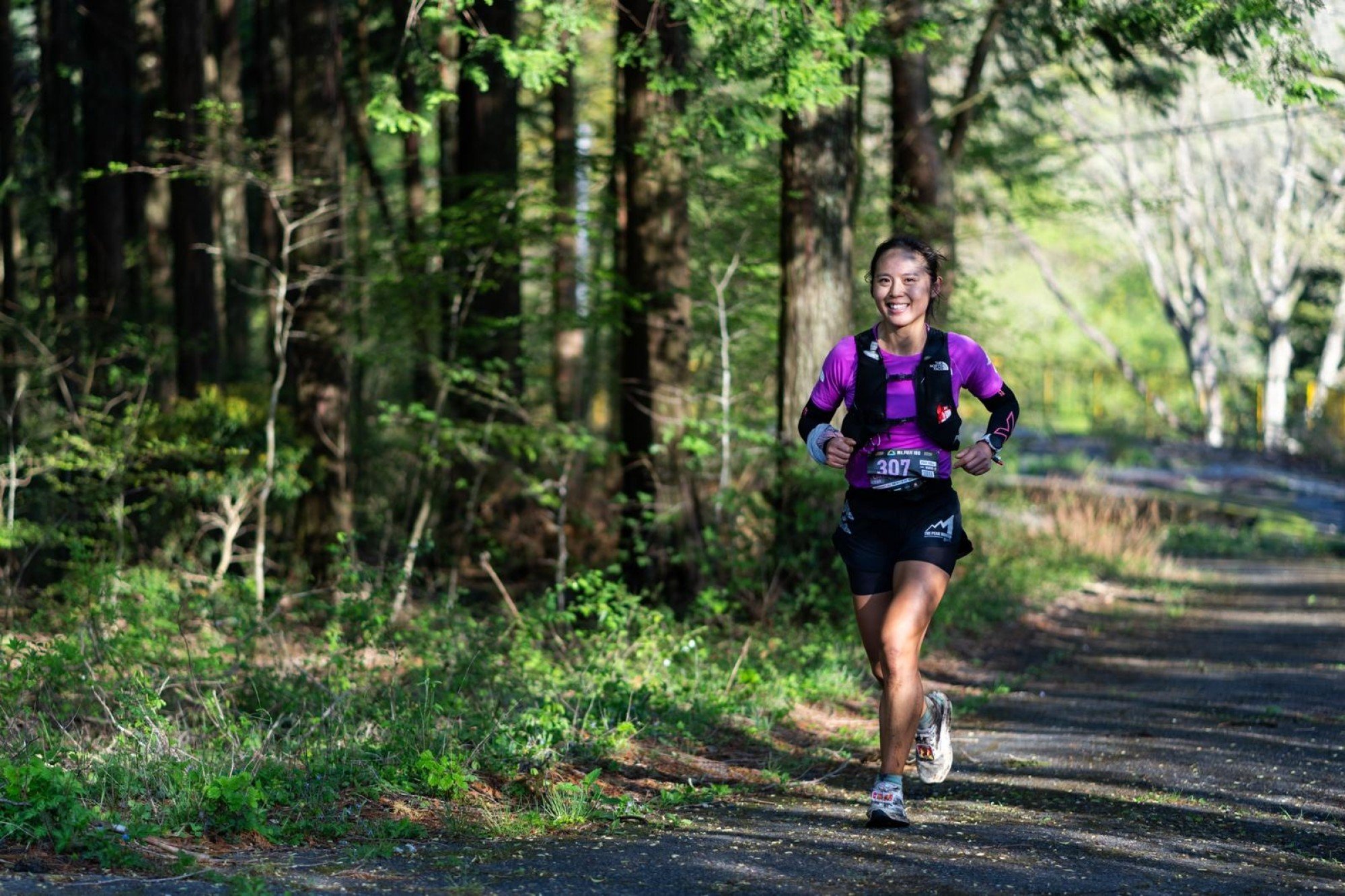
She had no symptoms; while training for a half-marathon, she was struck by a van. She did not fracture any bones, but an observant orthopaedist found a pinball-sized lump under her collarbone and referred Yan to a surgeon, who later broke the news to her.
“I was also worried, because I’d just started my career after years of study and training. I was afraid I’d fall behind my peers, who were all equally ambitious.”
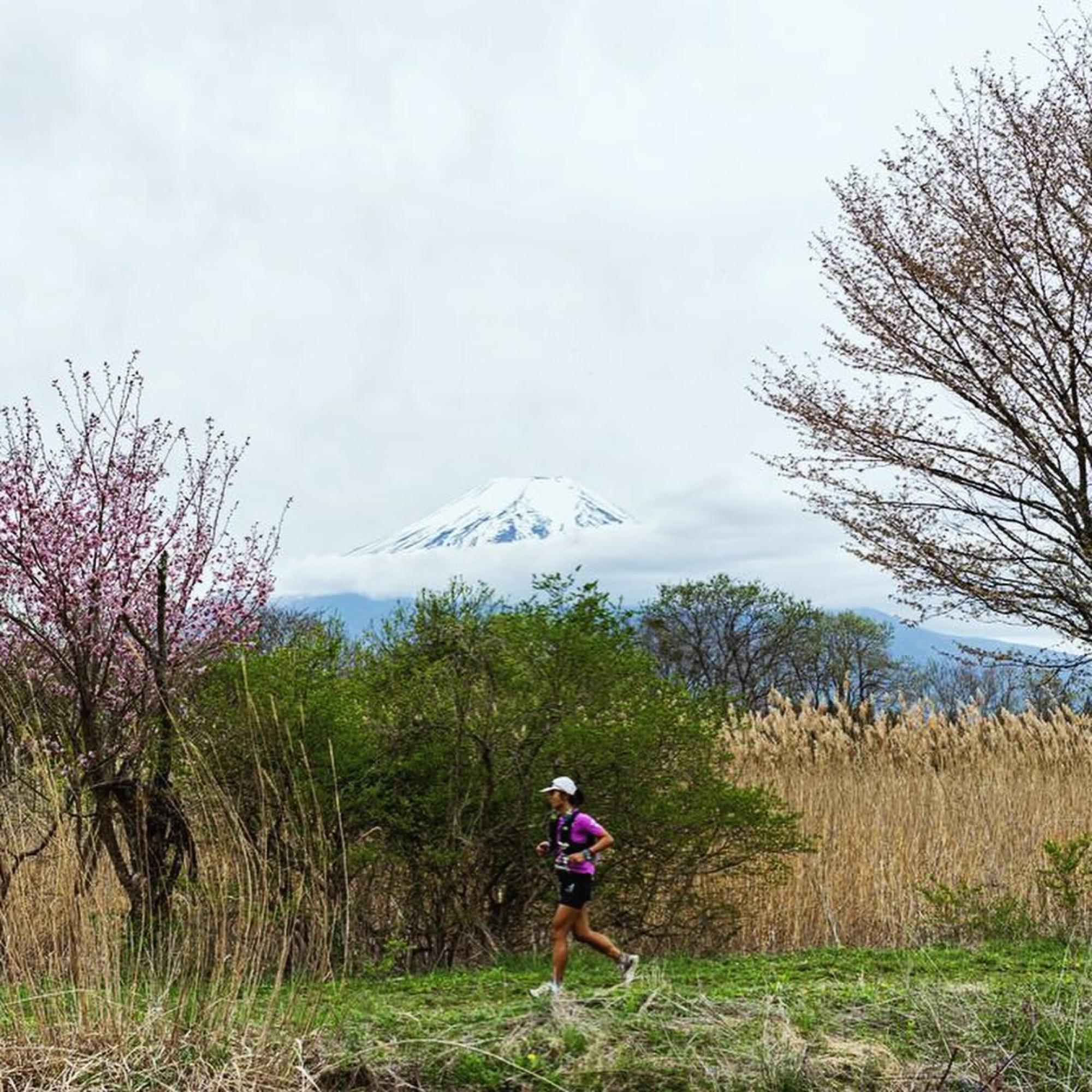
Then 27, the Hong Kong-based private tutor was distressed upon receiving the news. She was one semester away from completing her university degree and wondered how her diagnosis would affect her career path.
Her parents, who planned to retire after she graduated, kept working so that they could help finance her medical treatment, which cost HK$500,000 (US$64,000).
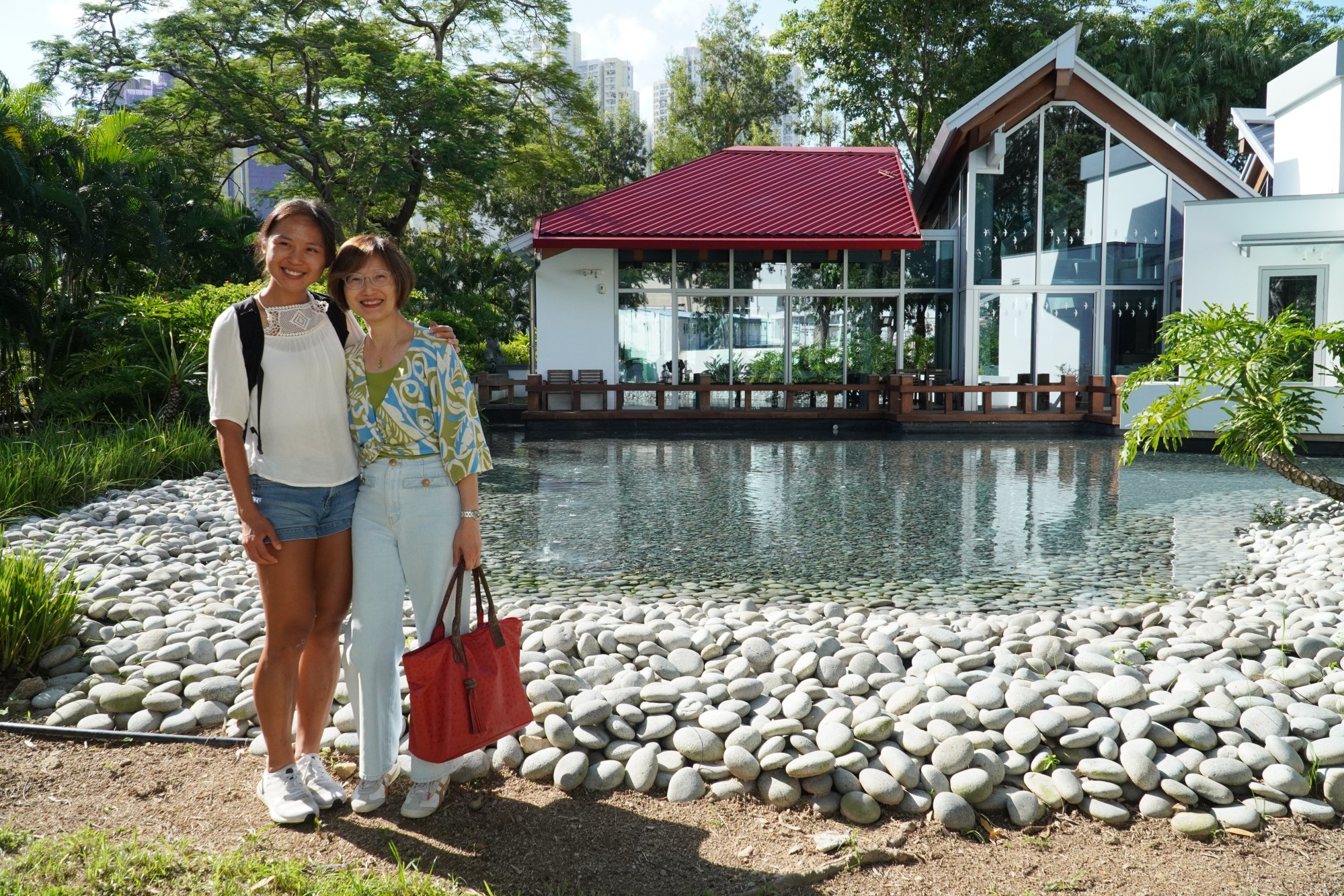
Young patients are also more likely to be able to tolerate aggressive treatment regimens, like surgery, chemotherapy and radiation. This may significantly improve their chances of survival.
Yan and Yeung came to terms with their diagnoses relatively quickly.
Yan was told her treatment was straightforward with a survival rate close to 80 per cent. She had 12 sessions of chemotherapy over five months and had white blood cell booster injections whenever her white blood cell count fell too low.
I’ve realised the importance of being optimistic when faced with things I can’t control. If I have to deal with them anyway, why not do it with a positive attitude?
While both women endured disruptions to their lives and the side-effects of their treatments, which ranged from pain, dizziness and nausea to fatigue, stomach upsets and insomnia, they overcame these challenges and are now in remission and living healthy lives.
This year, Maggie’s Cancer Caring Centre invited Yan to be an organising committee member for its annual fundraising event, Move for Maggie’s.
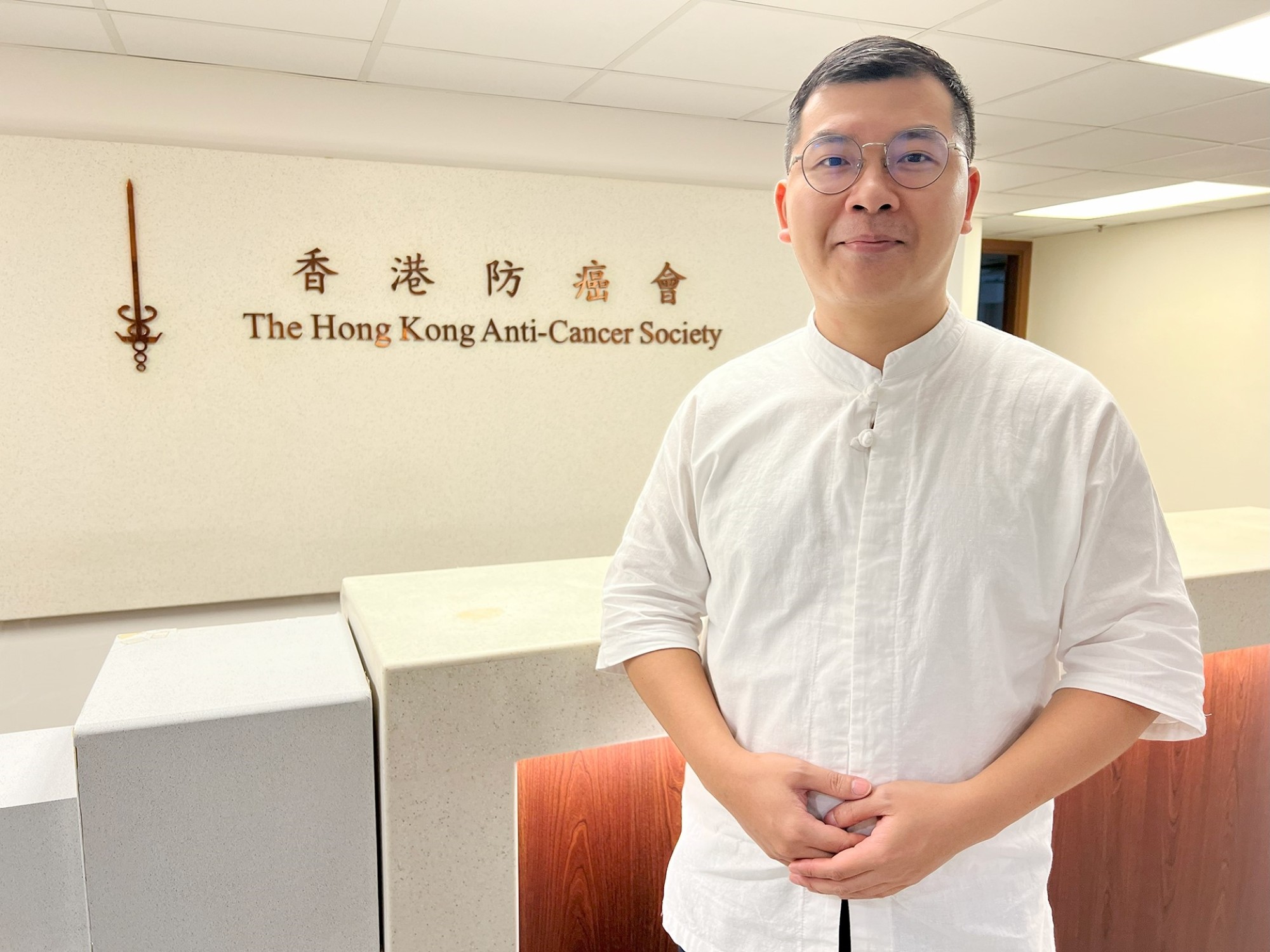
Many cling fast to the hope that they will recover, actively pursuing treatment and making post-recovery plans, such as travelling or accomplishing another goal.
I was distressed when I saw the scars on my breasts and around my waist, but then a friend pointed out that the scars were evidence of my determination to survive
Dealing with cancer has not only given Yan and Yeung a greater appreciation for life and good health; it has also taught both women about themselves.
“I’ve also learned to live in the moment and to embrace changes as they come. And prioritising my fitness and well-being helps me feel more at peace and in control of my life.”
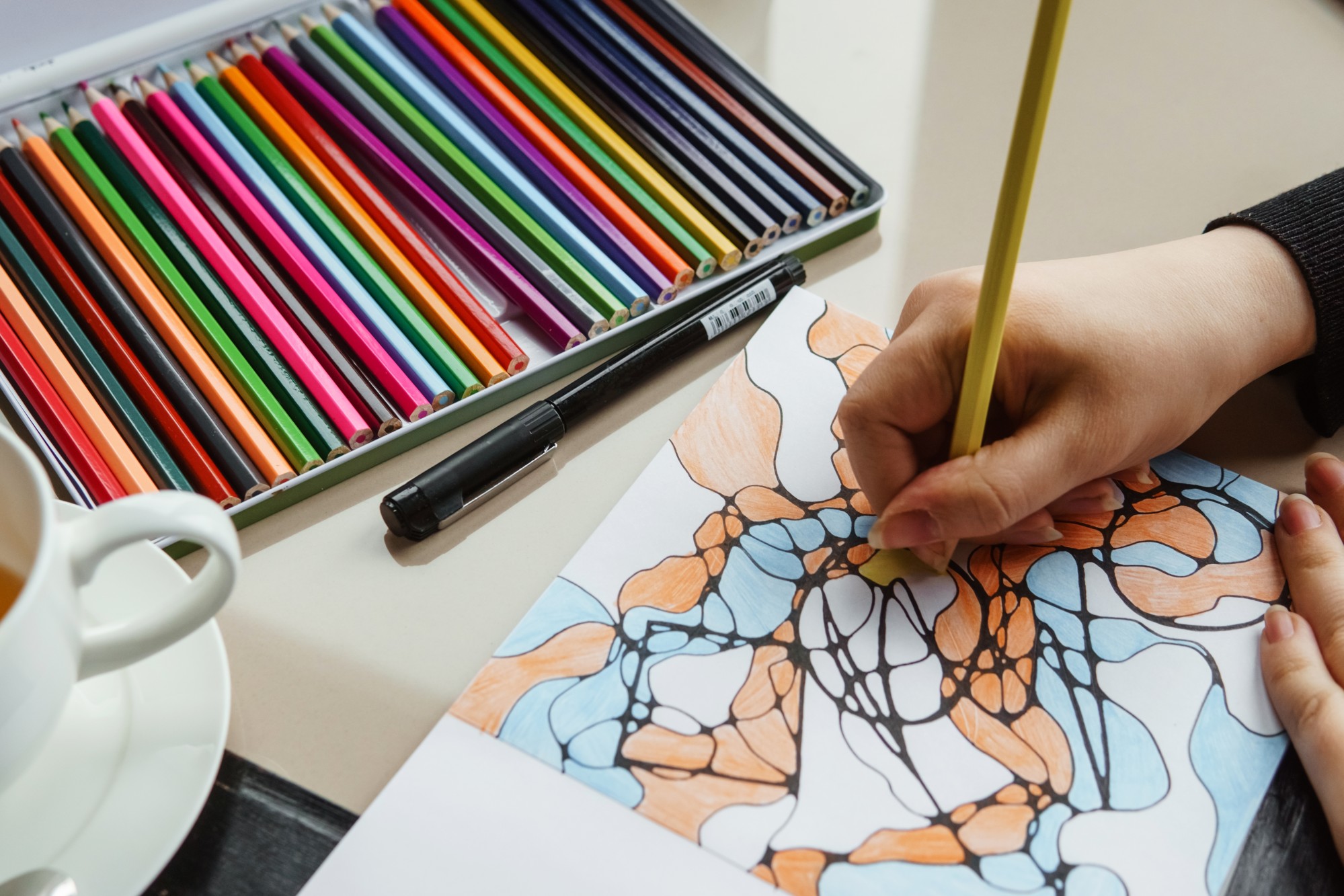
After her surgery, Yeung also discovered a toughness she never knew she had.
“I was distressed when I saw the scars on my breasts and around my waist, but then a friend pointed out that the scars were evidence of my determination to survive,” she shares.
“Her words encouraged me to keep going with an even greater strength. Now, when I look at my scars, I am reminded of my courage.”

